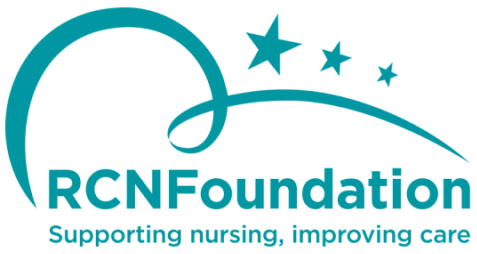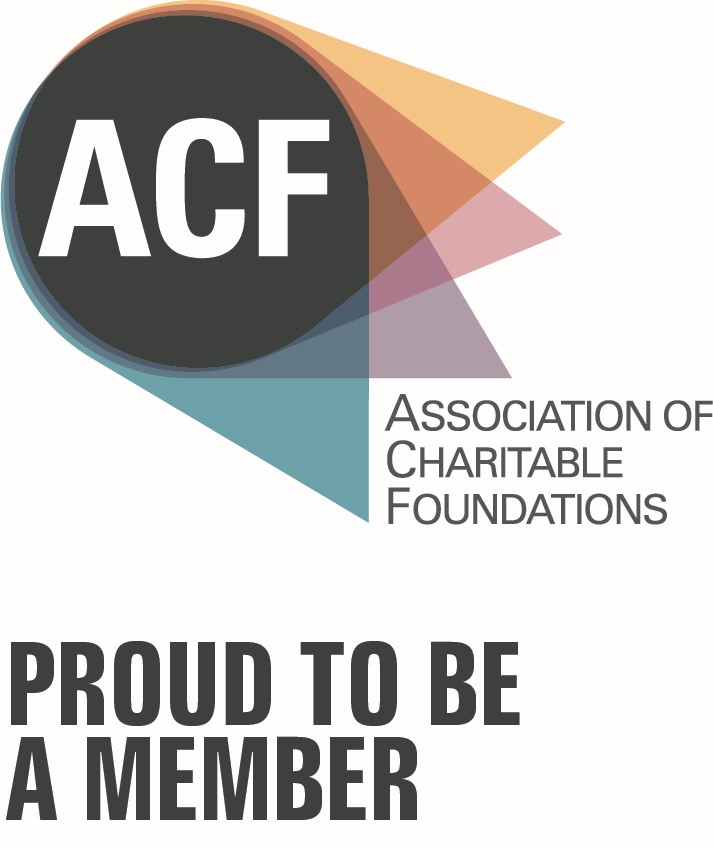RCN Foundation Annual Lecture
Taking place on 22 October at 5:30pm
"Falling through the cracks? Making the case for Learning Disability Nursing."
Against a backdrop of a significant decrease in the number of learning disability nurses training to work in England’s health and care services, and the needs of people with Learning Disability becoming more complex as they live longer, the time is right to examine how the workforce can be supported and strengthened.
This event will exclusively present the findings of an independent research study commissioned by the RCN Foundation on the economic impact of Learning Disability Nursing.
A Question Time style panel will be convened to discuss and debate key issues. Guests will be given the opportunity to submit questions to the panel.
The panel will be chaired by Professor Jane Cummings CBE RN, Chair, Board of Trustees, RCN Foundation and former CNO for England. Panel members include:
- Professor Martin Knapp CBE PhD FAcSS, Professor of Health and Social Care Policy and the London School of Economics, who led the research study
- Aaron Hume, Scottish disability rights campaigner, West Lothian college student and Board Trustee at Values Into Action Scotland
- Lauretta Ofulue, Health Visitor and campaigner for Learning Disability Nursing.
Secure your spot
The event will take place at the Royal College of Nursing, 20 Cavendish Square, London, W1G 0RN on Tuesday 22 October at 5.30pm.
There will be light refreshments on the evening and networking opportunities starting at 5:30pm, with the panel discussion starting at 6:15pm. The event will finish at 8pm.
Spaces are limited and they are on a first come, first serve basis. To book your free place, click here.
Reducing health inequalities
Individuals with lived experience of a learning disability have a shorter life expectancy than people without, with a contributing factor being the health inequality that individuals with a learning disability experience.
In 2023, the RCN Foundation launched a £360,000 programme of grant-making to develop the evidence-base underpinning learning disability nursing practice to address these health inequalities and enhance the health related quality of life outcomes for individuals with lived experience of a learning disability.
Since 2009, there has been considerable pressure on the RNLD workforce capacity, which has seen a fall in numbers by some 43% to 16,840. This compares to 587,885 for adult nurses, 95,485 for mental health nurses and 57,014 for children’s nurses (NMC, 2023). These challenges have been compounded by a significant drop in the number of pre-registration, undergraduate learning disability student nurses across the UK, with applications dropping by 45% between 2016-2019. In 2018, 50% of universities were considering stopping this provision (Council of Deans, 2018).
A missing piece to support the case for the need for an increase in the RNLD workforce at graduate and advanced practice level, is a comprehensive analysis of the economic need to invest and build the RNLD workforce across the UK. Only once evidence such as this is demonstrated and understood, can the RNLD nursing profession progress to explaining the impact of their role and why this is an important field of nursing to invest in and build.
This event will examine the findings of the first study in this programme which was to explore the economic case for investing in the RNLD field and the impact this has on addressing health inequality and enhancing health related quality of life outcomes for individuals with a learning disability, across the UK.
Secure your free place here.







